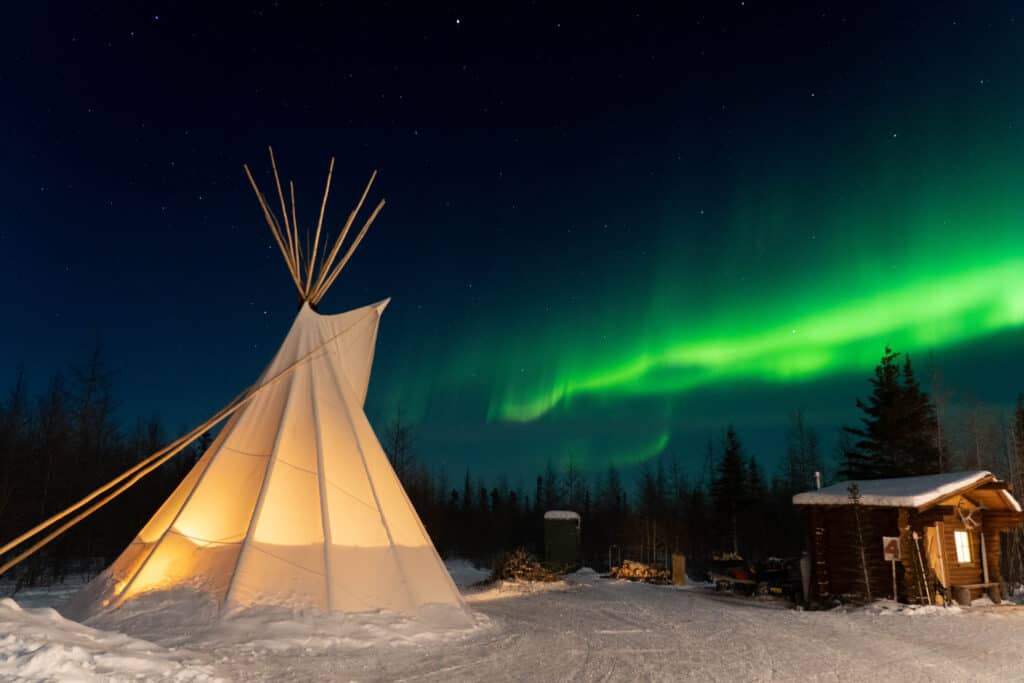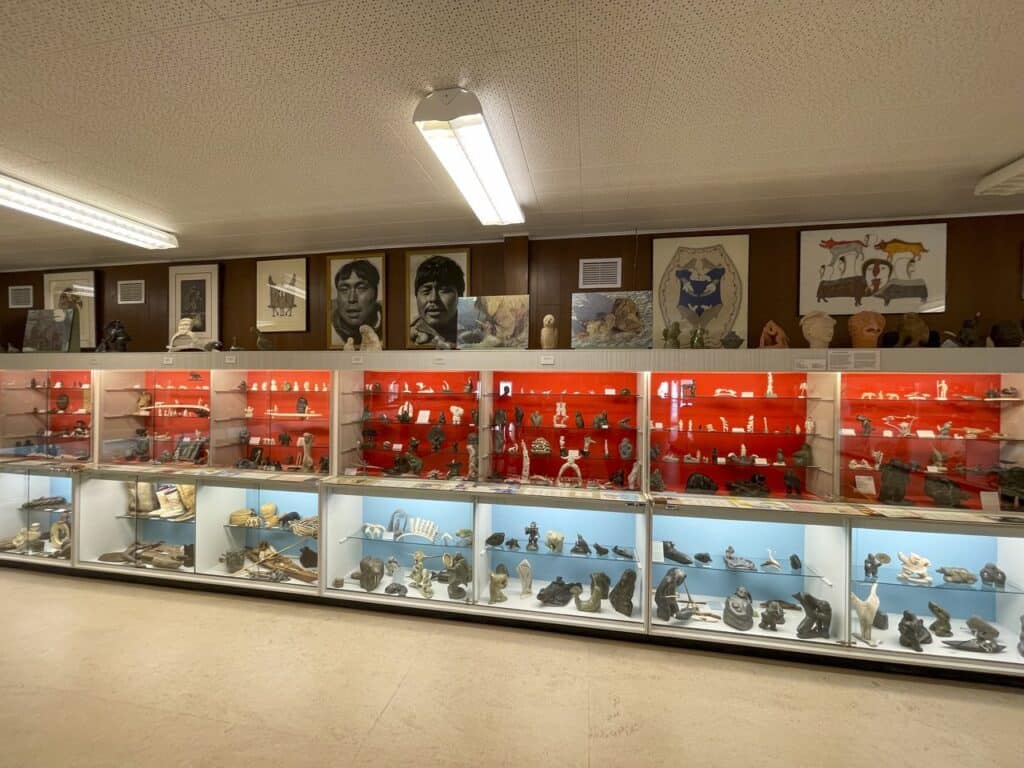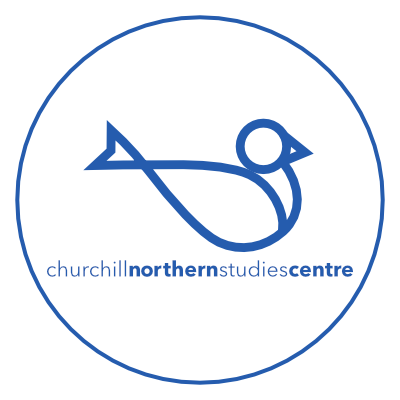THE WORLD OF INDIGENOUS TOURISM

Indigenous tourism is an immersive experience that allows travelers to connect with the rich histories, traditions, and stories of Indigenous peoples. This form of tourism is not just about visiting a place; it’s about understanding and respecting the cultures that have existed there for thousands of years. In this article, we’ll take a closer look at the burgeoning world of Indigenous tourism and why it’s such an impactful and constructive way to experience deep, meaningful travel.
What Is Indigenous Tourism?
Indigenous tourism refers to activities, attractions, and experiences that are rooted in the culture and traditions of Indigenous communities. These experiences are often led by Indigenous people themselves, ensuring authenticity and a genuine representation of their heritage.
Examples of Indigenous tourism include:
- Learning about Indigenous art.
- Engaging in storytelling sessions that pass down age-old legends.
- Exploring natural landscapes that hold significant cultural value.
The Growing Popularity of Indigenous Tourism
The world is becoming increasingly curious about authentic experiences. As travelers seek more meaningful connections with the places they visit, Indigenous tourism is seeing a surge in popularity. This type of educational travel offers:
- Cultural immersion: Indigenous tourism provides a unique opportunity to immerse oneself in cultures that have been preserved for millennia.
- Sustainable travel: Many Indigenous tourism experiences prioritize sustainability, ensuring that tourism benefits both visitors and the local community.
- Authentic experiences: With Indigenous tourism, there’s no commercialization. Every experience is genuine, offering insights into the real lives and traditions of Indigenous communities.

Spotlight on Churchill, Manitoba
Churchill, Manitoba, often referred to as the “Polar Bear Capital of the World,” is not just about its iconic bears. It’s also a thriving hub for Indigenous tourism, offering a deep dive into the traditions and lifestyles of local Indigenous communities.
In Churchill, visitors can:
- Engage with local guides who share stories passed down through generations.
- Explore traditional dog sledding practices.
- Participate in traditional drumming and dance sessions.
- Learn about the spiritual significance of the Northern Lights, a natural phenomenon that has inspired countless Indigenous legends.
Local Indigenous tourism operators in Churchill include:
Experiences:
- Beyond Boreal Expeditions
- Contact: [email protected]
- Dene Routes
- Contact: [email protected]
- Custom Churchill Tours
- Contact: [email protected]
- Sub-Artic Tours
- Contact: [email protected]
- Wapusk Adventures
- Contact: [email protected]
- Wat’chee Lodge
- Contact: watchee.com
- Seventh Generation Churchill Indigenous Storyteller
- Contact Heather Spence-Botelho at [email protected]
Lodge/Accommodations:
- Aurora Inn
- Contact: aurorainnchurchill.com
- Churchill River Lodge
- Contact: churchillriverlodge.com
Indigenous Interpretation Experiences (Not Indigenous Owned):
- Itsanitaq Museum
Encounter these experiences and more by visiting us here at the Churchill Northern Studies Centre!
Why Is Indigenous Tourism Important?
In the vast landscape of the global tourism industry, Indigenous tourism is a beacon of cultural preservation and authentic storytelling. It offers travelers an intimate glimpse into the rich histories, traditions, and narratives of Indigenous communities. Each experience is a tapestry of age-old customs, teachings, and stories, shared by the very people who have inherited them through generations.
The tangible beneficial impacts of the Indigenous tourism industry can be seen in socio-economic empowerment within Indigenous communities. By promoting and sharing their unique heritage, these communities can harness a sustainable source of income, ensuring that their traditions not only survive, but thrive in the modern world.
Indigenous tourism also serves as a powerful platform for Indigenous peoples to reclaim their voice and author their own narratives. For too long, Indigenous stories have been told through external lenses, often distorting their true essence and perpetuating stereotypes. By taking control of their tourism initiatives, Indigenous communities can present their histories, traditions, and values authentically and unfiltered.
This direct engagement dispels the damaging myth of the “vanishing Indian,” a trope that wrongly suggests Indigenous cultures are fading or becoming obsolete. Instead, through Indigenous tourism, visitors witness the vibrancy, resilience, and evolution of these ancient cultures, understanding that they are very much alive, relevant, and integral to the global cultural tapestry.
Furthermore, as travelers from diverse backgrounds immerse themselves in these authentic experiences, bridges of understanding are built. This fosters a global environment of mutual respect, breaking down barriers and driving out misconceptions. In sum, Indigenous tourism enriches the traveler’s soul, fortifies the cultural and economic fabric of Indigenous societies, and cultivates meaningful human connection that transcends borders.

Discover Indigenous Experiences at the Churchill Northern Studies Centre
If you’re looking to embark on a journey of cultural discovery, there’s no better place to start than the Churchill Northern Studies Centre (CNSC). Not only will you get to see the mesmerizing beauty of Churchill in person, but you’ll also have hands-on experiences and learning opportunities that are steeped in the region’s Indigenous culture. Here at the CNSC, we strive to acquaint visitors with local culture and history, ensuring that every traveler leaves with a deeper appreciation for the Indigenous communities of Churchill.
Don’t just travel; immerse yourself in the stories, traditions, and landscapes that have shaped the Indigenous communities of Churchill for thousands of years. Explore our Learning Vacations, Volunteer Expeditions, tours, and more at the CNSC today!
The Churchill Northern Studies Centre is an independent, non-profit field station working to understand and sustain the North. We provide accommodations, meals, equipment rentals, and logistical support to scientific and social researchers working on a diverse range of topics of interest in the subarctic. We also facilitate learning programs throughout the year for non-credit learning vacations, university credit courses, and youth programming.
Explore our Learning Vacations to see how you can experience the Canadian subarctic in a way that’s meaningful, personal, and unforgettable. Or, donate today to support greater understanding of — and deeper appreciation for — the natural, social, economic, and cultural environments of the North.
Thank you to the local voices who guided us and contributed to this article.
Photos courtesy of Travel Manitoba.
